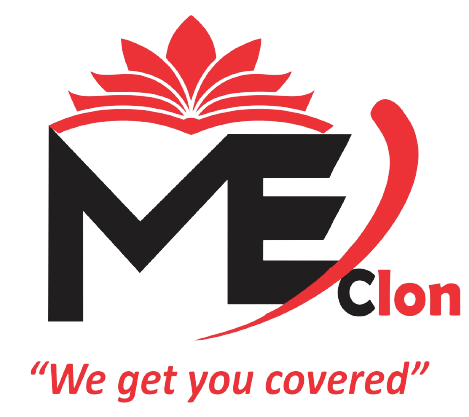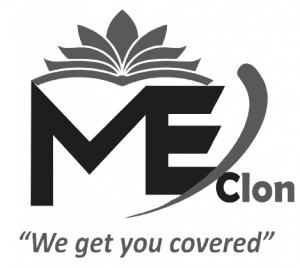Business Expenses: Keeping Track as a Sole Proprietor

As an entrepreneur, you do a lot of activities daily; hence, your days are stressful. However, tracking your business spending helps in some ways. This would possibly show you wherever you are wasting cash and where you’ll be getting a lot of bang for your buck. Eliminating waste and obtaining a lot of prices from your suppliers would possibly assist you in considerably increasing your monthly income. Second, keeping track of your prices is quite useful once you file your self-assessment tax returns. It will help you save heaps of your time while concurrently making certain that you get what you’re entitled to.
Keeping track of business expenses makes tax time much easier. You’re more likely to miss potential deductions if you don’t keep track of your costs regularly. As a result, you’ll pay less in taxes (or get more back).
The benefit of keeping track of your business expenses
Sole proprietors and members of traditional business partnerships are required to keep detailed records of their earnings and expenses. It involves filing your self-assessment legal document, which is a must. Even though you’re not required to produce them at the time of filing, KRA may examine your monetary records at a later time, so they should be correct and up-to-date.
Get into the habit of changing your monetary records frequently (at least monthly, if not each week). Provide yourself with lots of time to be thorough. The fact that you frequently change your monetary records keeps the method manageable—otherwise, it’s going to become a chore—while additionally providing you with a transparent image of your sales/earnings, costs/expenses, and income.
Common business expenses
Sole proprietors can claim a wide range of expenses, ranging from large overheads like rent, mortgage interest, rates, and utilities to relatively small costs like printer paper, pencils, and postage stamps. Other common expenses for lone traders include fuel, transportation, and stock/raw materials, while some sole traders are required to travel for business, which necessitates the purchase of lodging and meals for the night. Some solo traders also invest in work outfits, which is compulsory for their job, while others are members of a trade group. These are all allowable expenses for a sole trader, and they should be meticulously monitored.
How to keep track of business expenses
Documentation of business expenses is best done with accounting software like a spreadsheet. Typically, accounting software comes with pre-defined expenditure categories that you may customize. You may sometimes define your industry and related categories will be displayed. You may compare your spending by dividing categories into months of the year. These are usually summed together automatically to compute your category-specific charges and overall expenses for the tax year. This simplifies the process of submitting your self-assessment tax return. Your accounting and bookkeeping software should be able to classify your company’s costs and charges. Expenses should be classified and reported appropriately. All transactions are quickly posted if you can connect your bank accounts, which most accounting software allows you to accomplish. Then it’s only a question of sorting them into categories, which is a simple and quick procedure.
It’s important to know! After the June 30 self-assessment filing date of the relevant tax year, you must preserve your records and evidence of spending for at least five years. KRA can inquire about both.



